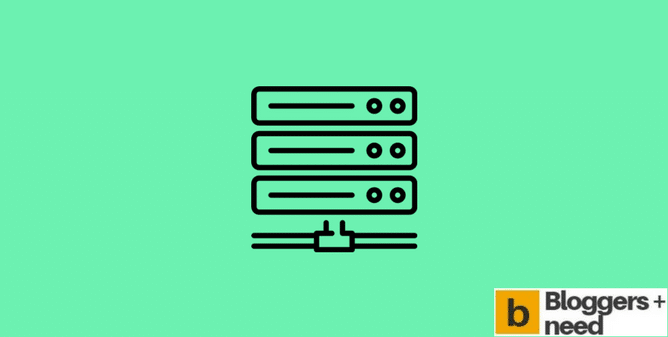
In this technology-driven age, owning an online platform is almost essential—whether you’re running a small business. However, fears over expenses are common, particularly for individuals and tight-budget ventures. The bright side is that low-cost website hosting removes financial barriers, all without compromising core features for general needs.
This comprehensive post walks you through all you need to discover before purchasing low-cost hosting: the meaning of cheap hosting, advantages and drawbacks, top features to consider, and most popular budget hosting companies.
What is Cheap Web Hosting?
Budget-friendly hosting means services priced lower than market average, marketed for limited budgets. Intro rates are commonly as low as just a few dollars monthly. Savings typically come from resource pooling across accounts.
Yet, despite these low fees, most providers offer generous features: automated installation tools, and even simple WordPress setups. While enterprise-grade plans offer more resources and flexibility, budget-focused services is ideal for new and growing sites.
Advantages of Affordable Hosting
Cost-effectiveness
First and foremost, saving money stands out. For the price of a coffee, you can build and maintain a polished, public-facing site.
Beginner-friendly interfaces
Modern cheap hosting companies provide easy controls, making getting online painless even for non-techies.
Bundled extras
Affordability doesn’t sacrifice functionality. Expect SSL certificates, site builders, and other key capabilities.
Upgradability
Start small and upgrade as needed.
Limitations of Cheap Web Hosting
Limited server resources
With lower-tier offerings, multiple sites use the same server, so heavy traffic or spikes can cause occasional slowdowns.
Speed constraints
Best for blogs or local businesses, but struggles with demanding applications.
Help desk quality
Not all dirt-cheap providers offer quality assistance, though findings improve every year.
Fewer Advanced Features
Developer bonuses are usually absent.
What to Prioritize
Uptime Guarantee: Aim for at least 99.9% uptime.
Performance: Efficient servers really improve overall speed.
Free SSL: Essential for basic site safety.
No-cost first-year domain: Some hosts include a domain at signup.
24/7 Support: Round-the-clock chat is key for peace of mind.
No-code design help: Ideal if you want a visit the website visual editor.
Easy software setup: Especially for WordPress.
Top Cheap Web Hosting Providers
Check out these reputable budget hosting services based on price, quality, and features:
Hostinger Hosting Starting at: $1.99 per month Highlights: Weekly backups. Recommended for: Beginners.
Bluehost Shared Hosting Starting at: $2.95/mo Highlights: 1-year free domain. Recommended for: Growing projects.
DreamHost Starting at: $2.59 per month Highlights: Automated backups. Recommended for: Small business websites.
Namecheap Starting at: $1.58 per month Highlights: Website builder. Recommended for: Ultra-low budgets.
A2 Shared Hosting Starting at: $2.99/mo Highlights: Full-time support. Recommended for: Speed seekers.
Tips for Maximizing Your Savings
Watch for huge discounts: Most providers offer major savings for first-time signups. Be aware of second-term costs.
Prepay for More Savings: Multi-year plans save you money in the long run.
Understand plan exclusions: double-check contract details.
Review Customer Feedback: Real-world experiences provide insights you might miss.
Prioritize Quality Support: Helpful agents is key for non-experts.
Who Should Choose Cheap Web Hosting?
Consider cheap hosting if you’re:
Personal blogs
New business sites
Freelancers
Charitable organizations
Online beginners
If your site will be resource-intensive, look into premium plans as you grow.
Final Thoughts
Affordable web hosting options make launching a website accessible to everyone. Whether you need a blog, modern low-cost plans are dependable.
By matching features to your needs, you can build your online presence—with confidence and convenience.